Editorial – Assessment for learning: Where are we? Where are we going? – Tracy Zou
Entitled ‘Revisiting Assessment for Learning’, the present issue honours the achievements and efforts our colleagues have made in designing and implementing assessment that can enhance students’ learning. We also hope to provoke some thoughts about where we are and where we are going in the area of assessment for learning.
Assessment for learning is clearly a well-known term to our colleagues at the University of Hong Kong. When I invited contributions, there was no need to explain what the term meant or why we would like to revisit it. Everyone seemed to recognise that it is important and worth continuing efforts. There are colleagues who have been experimenting with innovative methods suitable to the disciplinary contexts in their classes. There are also special interest groups or communities of practice, in which interested faculty members explore and discuss about the opportunities and challenges associated with assessment for learning. Therefore I was able to collect work from both individuals and groups. The following paragraphs highlight the features of each contribution.
Feature articles
One challenge of assessment for learning is how to scale it up. Prof. David Carless, through his article entitled ‘Scaling up assessment for learning’, brought us to the heart of the issue and recommended four strategies with illustrative examples. It is also worth noting that David, along with Dr. Susan Bridges, Dr. Cecilia Chan, and Prof. Rick Glofcheski, is editing a collection of effective and sustainable assessment for learning practices, which will be published with Springer in 2016.
An informal interview with Prof. Rick Glofcheski, the University Distinguished Teaching Awardee 2015, resulted in the article entitled ‘Assessment for learning: Revisiting the past and envisioning the future’. Rick expressed his inspirations, practices, and plans regarding assessment designs. He also shared with us how he designed assessment for large classes with over 250 students. At the end, Rick offered critical insights into the future of assessment for learning.
Dr. Kennedy Chan revealed his journey through engaging with formative assessment and shared his valuable learning processes in his article entitled ‘Learning to be a better teacher: What can a novice teacher educator learn from his students through engaging in formative assessment practices?’ As a teacher educator, Kennedy not only helped his student teachers learn through assessment, but also developed their ability to design formative assessment for their own students.
Guest blogs
Who might be a better person to assess law students’ communication competency? Wilson Chow, Julienne Jen, and Dr. Michael Ng from Faculty of Law shared an innovative practice in which lay people were appointed and trained as assessors. For details, please refer to the guest blog entitled ‘Lay people as assessors? Standard client interviews for developing communication skills in legal education’.
Has anyone thought about why we still assess knowledge? In his guest blog entitled ‘Assessing biochemical knowledge in medical and health professional programmes: What‘s the point?’, Dr. NS Wong offered reflective thoughts of the value in assessing knowledge and pointed out possible ways through which we might transform the assessment of knowledge into more relevant and meaningful forms.
How to develop good language skills among our students? What assessment and feedback can do to enhance students’ language learning? The guest blog entitled ‘What’s in an ‘A’? – Assessment for learning at CAES’ by the Assessment Special Interest Group (SIG) within Centre for Applied English Studies shared their rigorous and reflective approach to assessment and feedback. More information about the SIG can be found in the blog, too.
Having seen these innovative practices and reflective thoughts kindly shared by our colleagues, I feel it is safe to say that assessment for learning is a convincing concept to many colleagues and has been practiced in different disciplines and learning settings. Our colleagues are also very reflective on the use of assessment for learning strategies and care about how these strategies might affect students.
Regarding the future of assessment for learning, I would like to quote Prof. Carless’s feature article, ‘A deeper conceptualisation of scale involves four interrelated dimensions: spread, depth, sustainability and shifts in ownership (Coburn, 2003)’. I feel that the present issue has to some extent shown some aspects of spread while Prof. Glofcheski has touched the sustainability dimension and advocated a more explicit recognition of staff members’ effective practices. The depth and shifts in ownership dimensions, in my opinion, are worth more explorations.
Would you like to share with us your opinion?
We are looking forward to hearing your opinions regarding assessment for learning. Please email your views to us (tracyzou@hku.hk) or simply voice your opinion in the Poll through one click.
Would you like to contribute to future issues of ‘Teaching and Learning Connections’?
Please express your ideas through emails to tracyzou@hku.hk. I am happy to discuss with you and assist you in the publication process.
Preview of the next issue
The third issue (September 2016) is tentatively entitled Internationalisation of Teaching and Learning. Internationalisation is one of the 4I’s in HKU’s 2016-19 academic development plan. We will explore how it impacts teaching and learning. Possible topics may include, but are not limited to, internationalisation of the curriculum, internationlisation at home; integration of local and non-local students; student and staff mobility; study abroad; and teaching across cultures.
Stay tuned with us.



